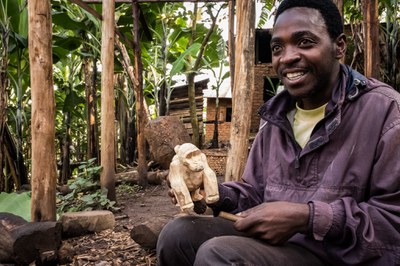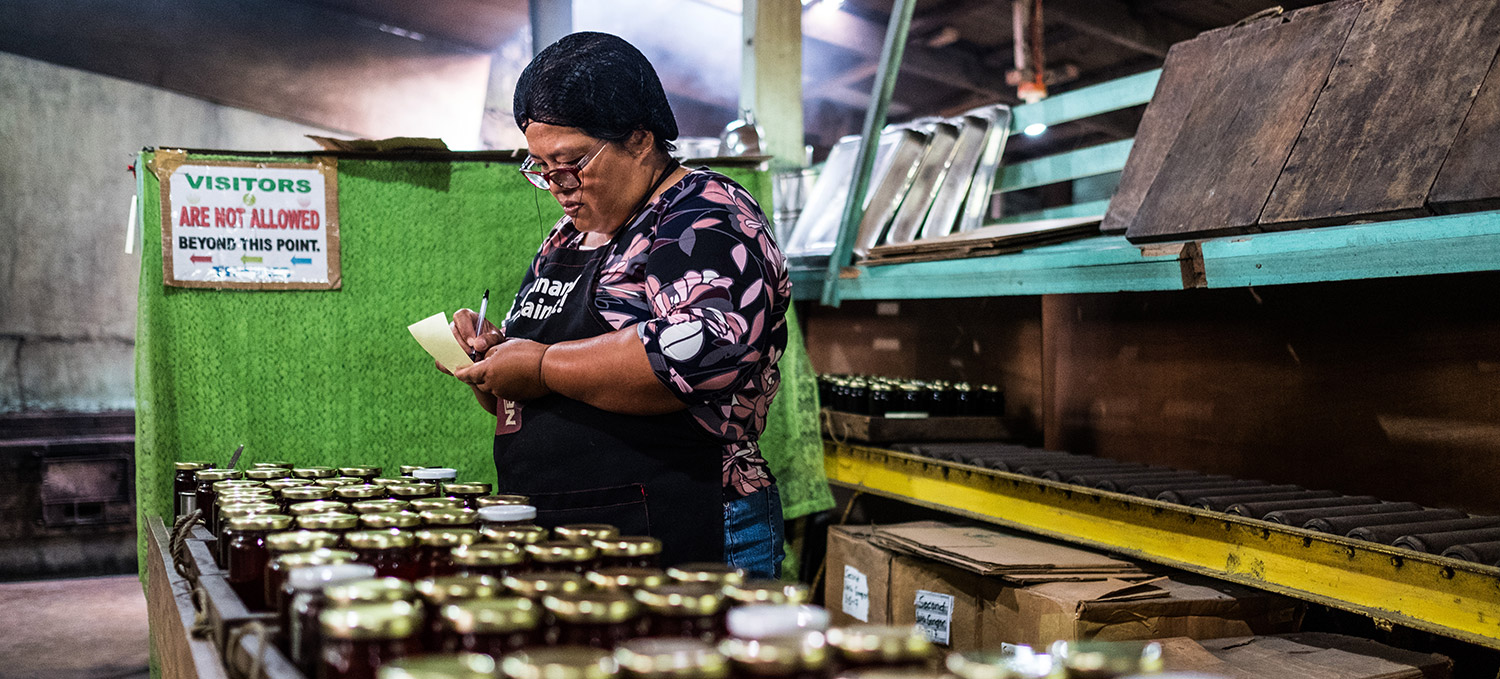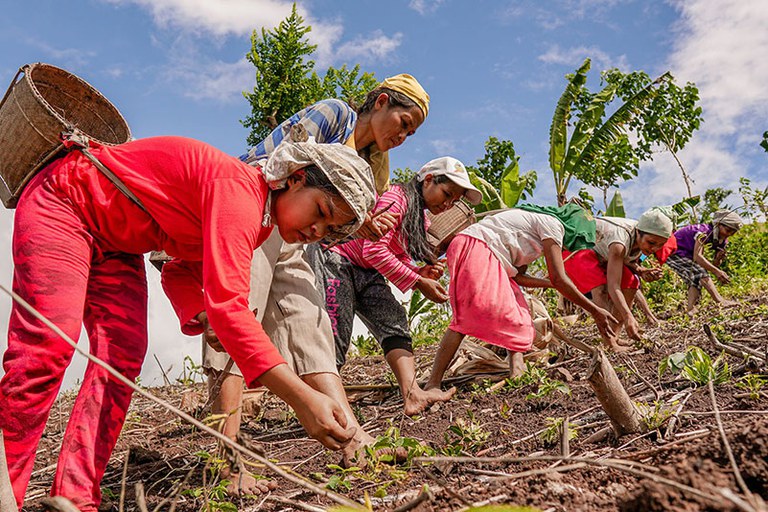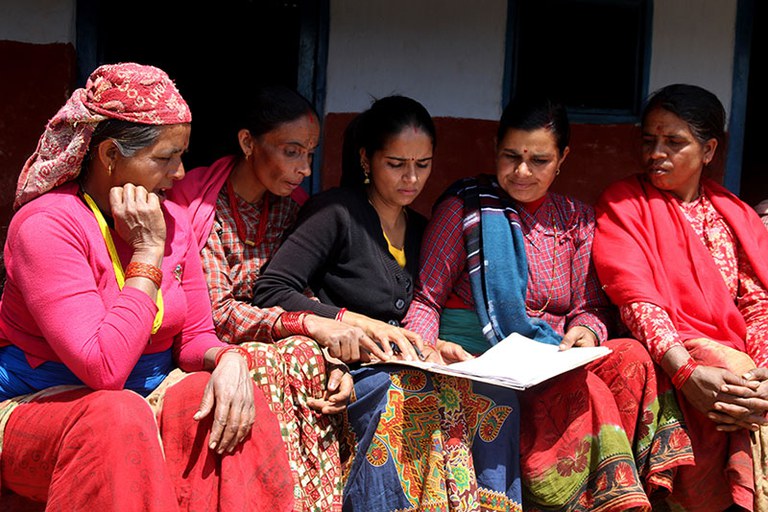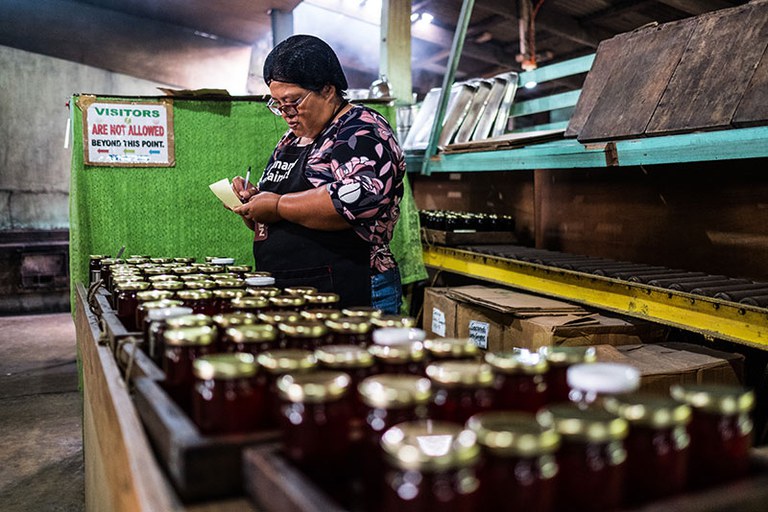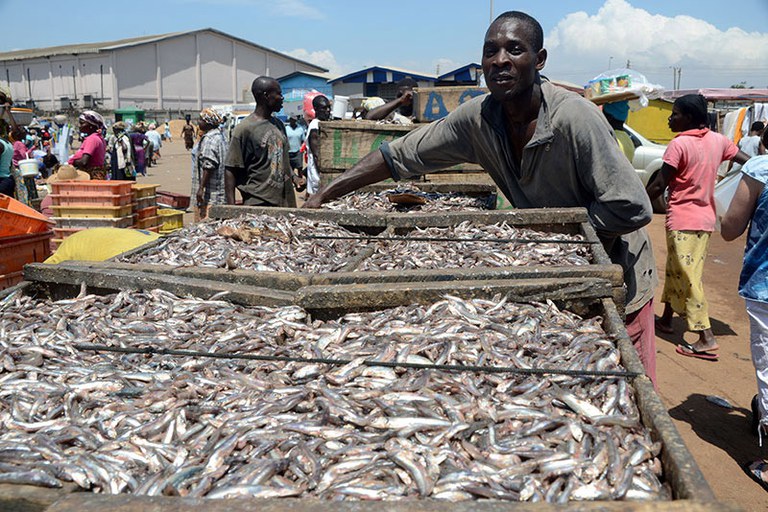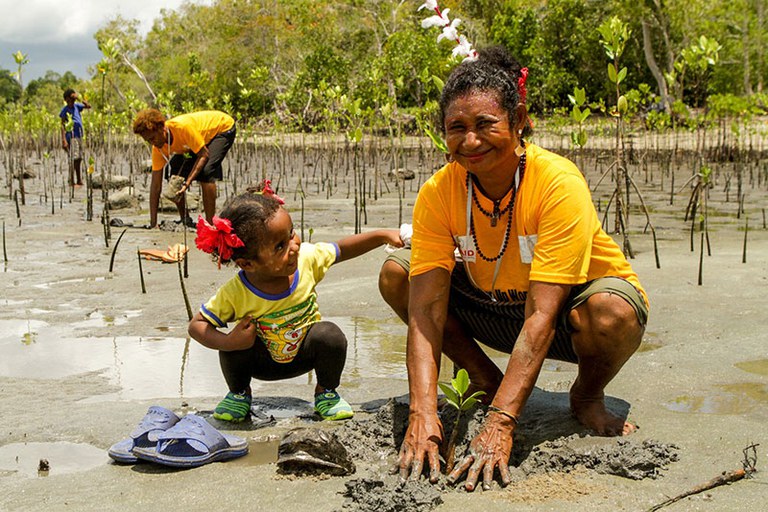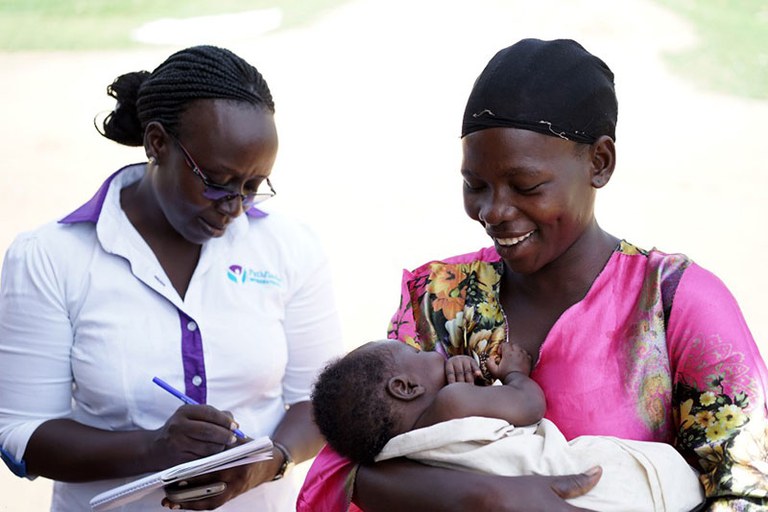Sustainable economic growth that incorporates the responsible use of natural resources and proactively applies environmental safeguards is critical for global prosperity. Many factors contribute to economic growth, including investments in health and education, effective governance, support for private enterprise, and advances in technology. Notably, these factors are often outcomes from development activities that are not explicitly targeting economic growth, which is frequently the case in the environment sector. For example, community forest management projects often strengthen local governance and institutions, which also supports economic growth more broadly.
Key Information
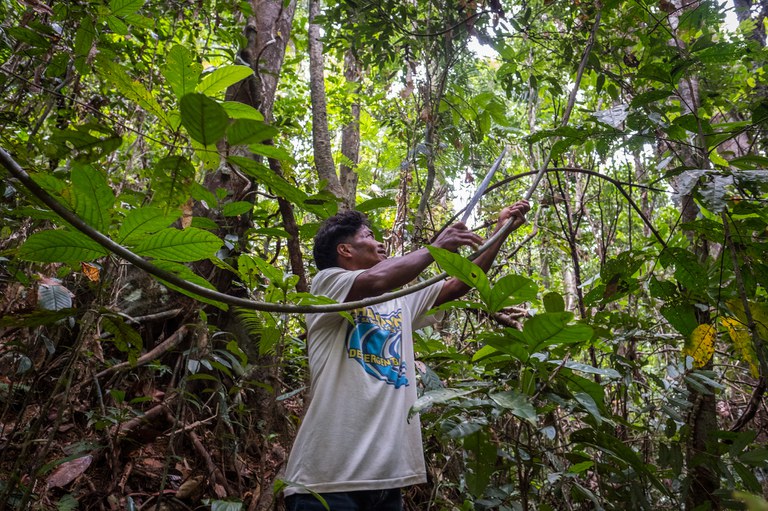
Conservation Enterprises Learning Group
The learning group examines the hypothesis that if income is increased through conservation enterprises, then participants will discontinue environmentally unsustainable activities, leading to reduced threats to the environment.
Gender in Fisheries – A Sea of Opportunities
Fisheries offer important entry points to enhance women’s economic empowerment and gender equality while also contributing to more effective interventions. This report summarizes research on the intersection of gender and wild-caught fisheries.